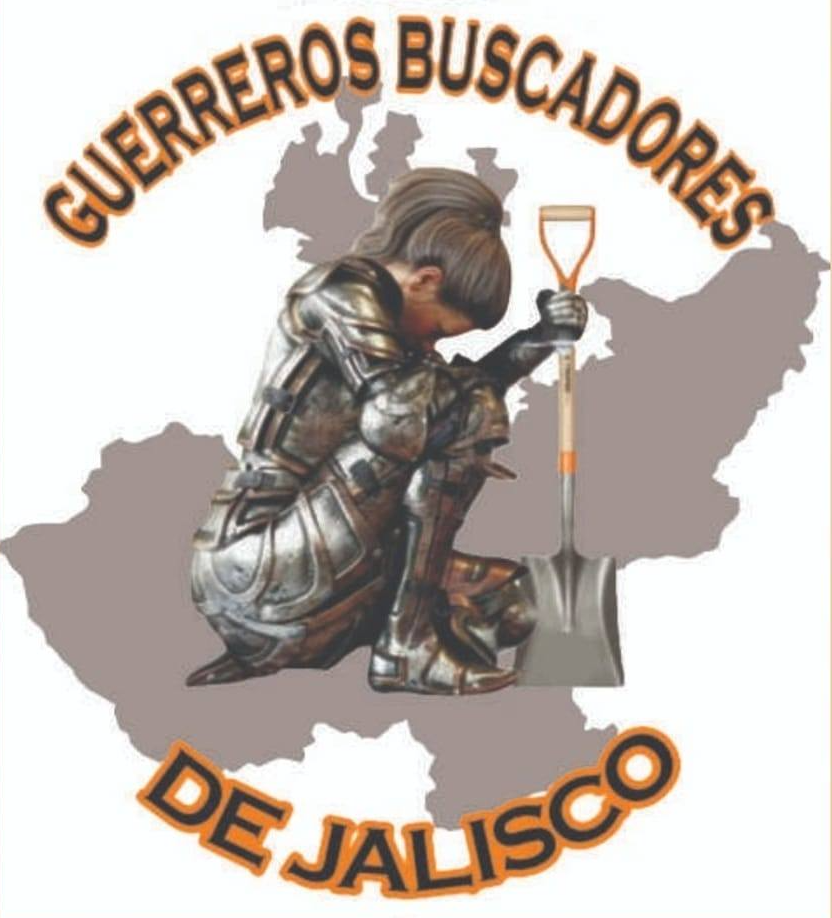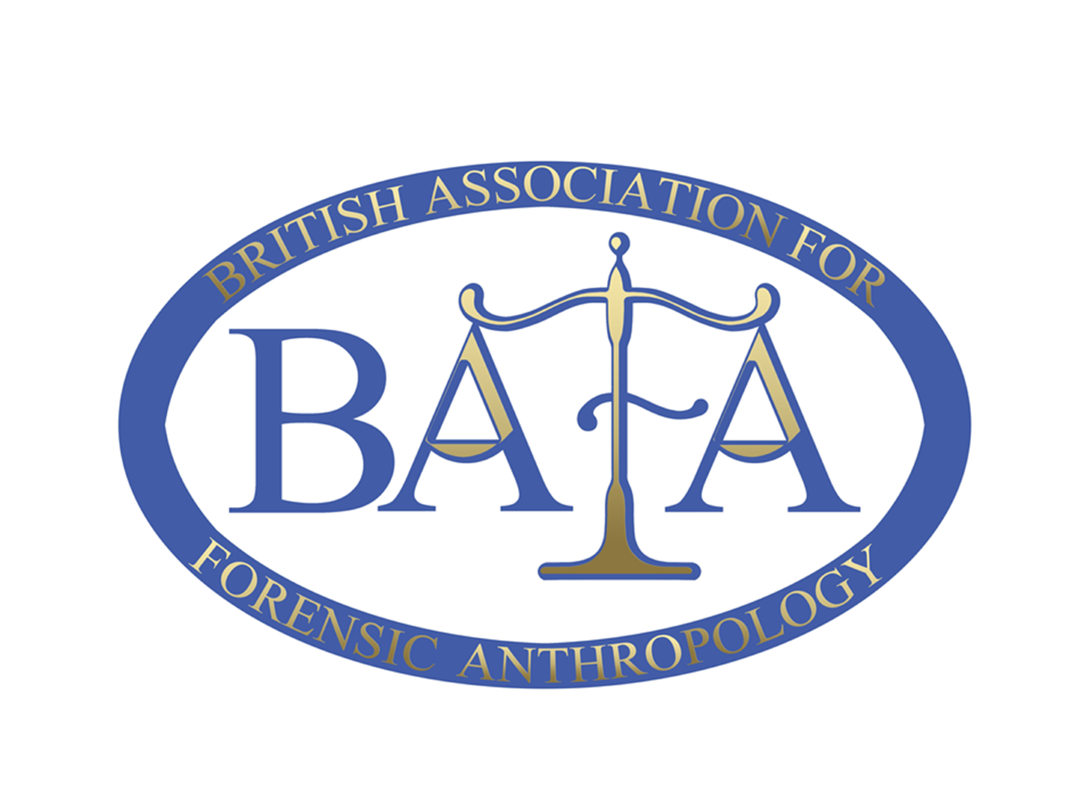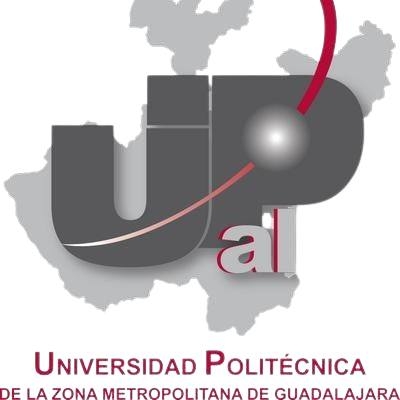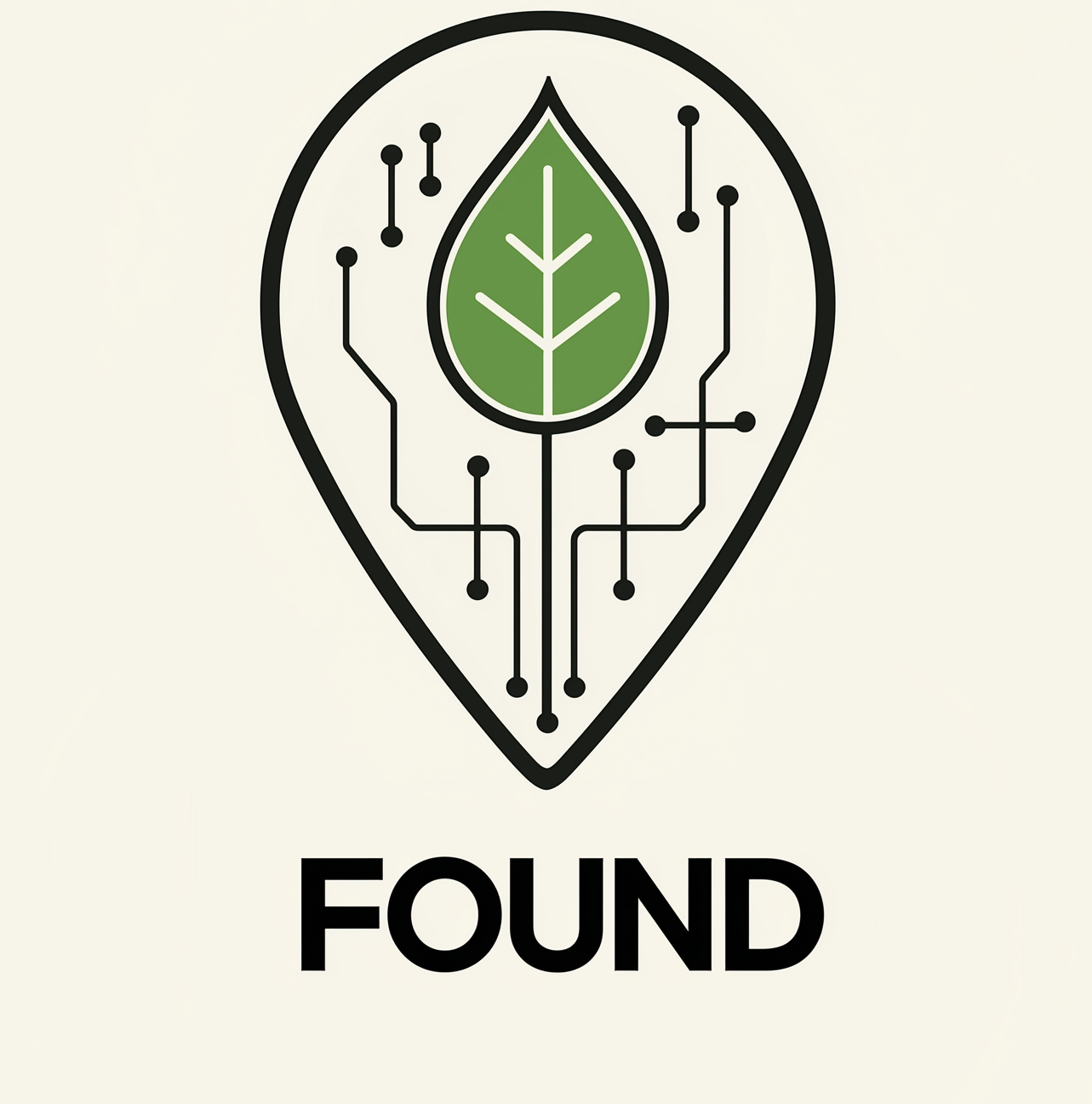FOUND
Interpretar la Naturaleza para Encontrar a Quienes nos Faltan
Using technology to
- dignify.
- remember.
- search.
- bring closure.
124,354 persons are reported as disappeared in Mexico. Behind each case there is a family searching for answers. FOUND combines technology with the knowledge of searching families to learn, locate, and drive systemic change.

Technologies in Action
- Multispectral & Hyperspectral Imaging
- Airborne LiDAR
- Seismic Noise Interferometry (TIRSA)
- Electrical Resistivity Tomography, Conductivimetry Measurements
- Satellite Spectral Analysis
- Forensic Entomology, Botany, Territorial Analysis, Soil Science



.jpeg?raw=true)






The Role of Buscadoras
Women-led collectives are at the heart of FOUND's work. They have reshaped the national conversation on disappearance and justice. Their search practices, born from lived experience, are vital forensic knowledge. Alongside them, FOUND listens, learns, and incorporates their methods into our technological efforts.

Institutional Partnerships

.png)





.png)













Follow Our Journey
Stay connected with our latest findings, community stories, and collaborations